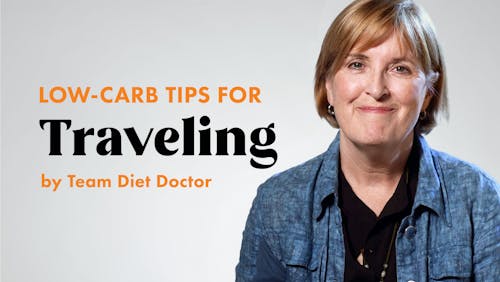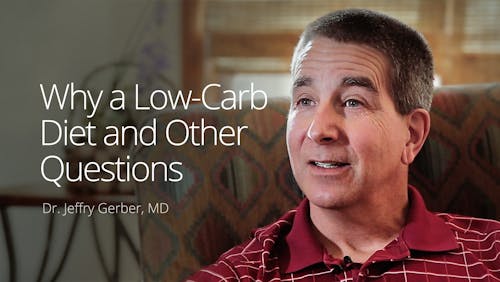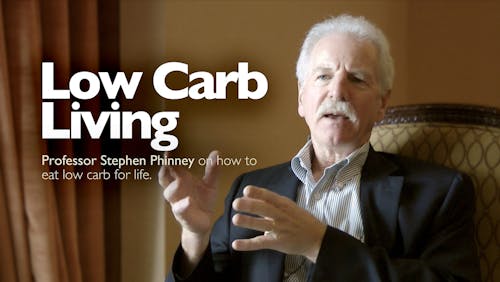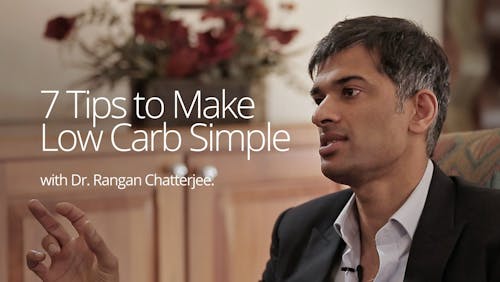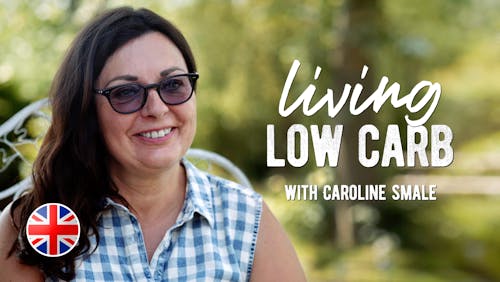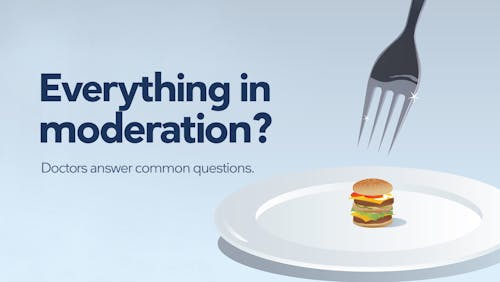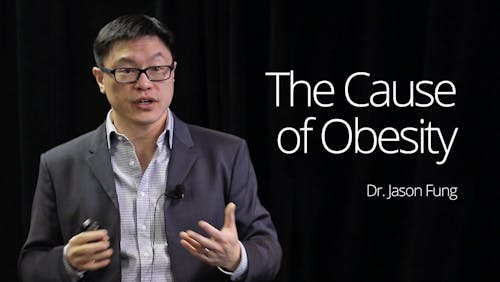Heart disease burden on the rise

There was a time when everyone wanted to stand up and take the credit for the reduction in heart disease deaths. Interventional cardiologists with better stents and quicker response times to heart attacks, statin makers with their less than 1% absolute risk reduction in risk for heart attacks, smoking cessation efforts, and of course “healthier lifestyles,” however they chose to define them, all shared the credit.
While we can’t say for sure what caused a slight down turn in risk of dying from heart disease in the 1980’s to early 2000’s, cardiovascular disease still remains the number one cause of death for men and women worldwide, and now the slow progress appears to have halted.
A recent article in USA Today highlighted the stalled progress, and showed how, in many communities, mainly in the Southern United States where obesity and diabetes are widespread, the incidence is rising sharply.
USA Today: Progress against heart disease stalls: ‘We are at a point of real stagnation’ (article not available outside the USA)
With studies showing that only 12% of Americans are metabolically healthy and only 3% follow four aspects of a healthy lifestyle, I think we can be confident that it wasn’t our stellar lifestyles that improved cardiovascular risk. Now, however, the biggest impact — from smoking cessation — is mostly behind us, and while people continue to quit smoking, this will have a smaller effect than it did in past decades. Our interventional progress has plateaued, and so-called “blockbuster” drugs like statins and PCSK9 inhibitors continue to have a very small impact on absolute risk reduction.
While our progress has declined, our obesity and diabetes epidemics rage on. They have been increasing since the 1970’s and continue to do so. Thus, it makes it fairly clear what the top contender is contributing to our increasing risk: these twin epidemics of chronic disease.
The bigger question, however, is how do we reverse the trend? The USA Today article highlights encouraging examples of local shop owners providing blood pressure checks for free. Knowledge is power, and most people with hypertension don’t even know they have it so this is positive.
The article also mentions that The Centers for Disease Control has a five-year program aimed at preventing more than 1 million heart attacks by promoting “controlling blood pressure and cholesterol, cutting salt, being physically active and stopping smoking.”
While we can all agree that not smoking and maintaining a baseline of physical activity are helpful, the focus on cholesterol, blood pressure and salt gets murky. First of all, it’s not clear if salt is a significant risk factor for the majority of the population, and large epidemiological studies show the lowest risk of cardiovascular disease in those consuming 3-6 grams of sodium per day (not less than 2.3 grams recommend by most health organizations).
Furthermore, what do they mean by controlling blood pressure and cholesterol? Does that mean more drug therapy? Or does it mean a focus on a lifestyle that has proven to reduce blood pressure, improve weight loss, reverse diabetes, improve the overall cholesterol profile, and improve cardiovascular risk? (Hint: this proven lifestyle is a low-carb, high-fat diet!)
I think it is clear that if we rely on the same old message to lower dietary fat, lower total calories, exercise more and take various prescriptions, then our progress will continue to go backwards. After all, that’s been the prevailing message for decades as we got into this mess.
That’s why we continue to promote making low carb simple for everyone. So we all can find and follow the lifestyle that helps us become metabolically healthy and helps us lower our risk for chronic diseases. The chronic disease epidemic, including heart disease, can be reversed. We just need the right message.
Thanks for reading,
Bret Scher, MD FACC
Earlier
Statin-induced diabetes: What’s the scope of the problem?
AHA reports almost half of American adults have heart disease
Metabolic syndrome starts early, even in seemingly healthy young children


